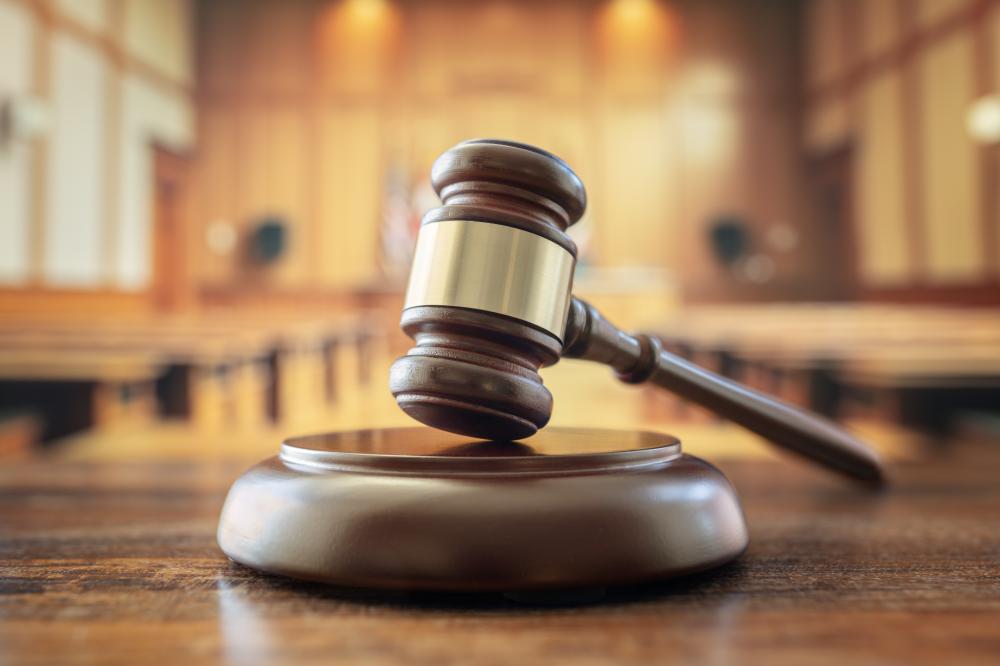NetChoice responded obliquely to comments Tuesday by Ohio Lt. Gov. Jon Husted (R) criticizing the court’s decision granting NetChoice’s motion for a temporary restraining order to block enforcement of the state’s social media law when it takes effect Monday (see 2401090062). Husted said the Big Tech companies behind the NetChoice lawsuit were "disingenuous participants" in the legislative process during the run-up to the statute’s enactment and have "no interest in protecting children." Chris Marchese, director of NetChoice’s Litigation Center, emailed in reply: “Protecting Americans’ constitutional rights requires courage. We will continue to do that.”
NetChoice hailed Tuesday’s decision in Columbus, Ohio, granting its motion for a temporary restraining order to block Ohio Attorney General Dave Yost (R) from enforcing the state’s Parental Notification by Social Media Operators Act when it takes effect Jan. 15 (see 2401050055).
Online services “have a well-established First Amendment right to host, curate and share content as they see fit,” emailed Chris Marchese, director of the NetChoice Litigation Center, in response to the U.S. Supreme Court scheduling Feb. 26 oral argument in the NetChoice and Computer & Communications Industry Association tandem First Amendment challenges to the Florida and Texas social media content moderation laws (see 2401050031). The internet “is a vital platform for free expression, and it must remain free from government censorship,” said Marchese Friday. NetChoice is "confident" that SCOTUS will agree, he said.
The U.S. Supreme Court set Feb. 26 oral argument in NetChoice's and the Computer & Communications Industry Association's tandem First Amendment challenges to the Florida and Texas social media content moderation laws, said text-only entries Friday in dockets 22-277 and 22-555. The Constitution’s free speech right “protects the editorial discretion of websites and digital services from government intervention,” said CCIA President Matt Schruers in a statement Friday. Content moderation isn’t only “an essential trust and safety function,” it’s also “a First Amendment-protected activity,” he said. “After years of litigation, CCIA looks forward to having our constitutional challenges heard in the Supreme Court.” NetChoice didn't immediately comment, nor did the Republican attorneys general of Florida and Texas.
An Ohio law requiring age verification to access social media runs afoul of the U.S. Constitution, NetChoice said Friday. The tech industry group asked the U.S. District Court for Southern Ohio to block the 2023 law from taking effect Jan. 15. Ohio Lt. Gov. Jon Husted (R) lambasted the lawsuit as “cowardly but not unexpected.”
The U.S. Supreme Court set Feb. 26 oral argument in NetChoice's and the Computer & Communications Industry Association's tandem First Amendment challenges to the Florida and Texas social media content moderation laws, said text-only entries Friday in dockets 22-277 and 22-555.
